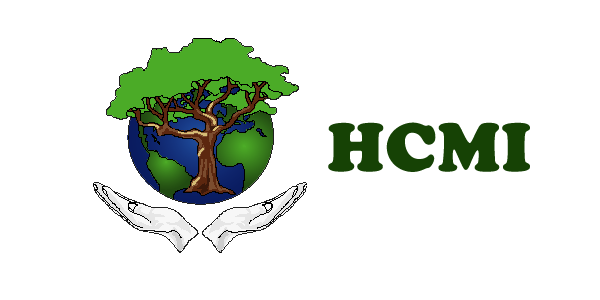Mucosa Support Remedy
 The mucous membranes, seen in photo (or singular mucosa) are linings of mostly endodermal origin, covered in epithelium, which are involved in absorption and secretion. They line cavities that are exposed to the external environment and internal organs. They are at several places contiguous with skin: at the nostrils, the mouth, the lips, the eyelids, the ears, the genital area, and the anus. The sticky, thick fluid secreted by the mucous membranes and glands is termed mucus. The term mucous membrane refers to where they are found in the body and not every mucous membrane secretes mucus. The primary function of mucus is to trap the pathogens in the body, preventing any further activities of diseases, so this remedy is helpful in a variety of health complaints.
The mucous membranes, seen in photo (or singular mucosa) are linings of mostly endodermal origin, covered in epithelium, which are involved in absorption and secretion. They line cavities that are exposed to the external environment and internal organs. They are at several places contiguous with skin: at the nostrils, the mouth, the lips, the eyelids, the ears, the genital area, and the anus. The sticky, thick fluid secreted by the mucous membranes and glands is termed mucus. The term mucous membrane refers to where they are found in the body and not every mucous membrane secretes mucus. The primary function of mucus is to trap the pathogens in the body, preventing any further activities of diseases, so this remedy is helpful in a variety of health complaints.
Various kinds of mucus found in the body (and supported by this remedy) include: Buccal mucosa, Esophageal mucosa, Gastric mucosa, Intestinal mucosa, Nasal mucosa, Olfactory mucosa, Oral mucosa, Bronchial mucosa, Uterine mucosa, Endometrium is the mucosa of the uterus and Penile mucosa.
Fun Facts
- The act of sneezing is primarily caused by the irritation of our nasal mucosa.
- Your stomach has to produce a new layer of mucus every two weeks otherwise it will digest itself.
- Green nasal mucus (and green pus) is caused by short-lived phagocytising leucocytes avidly ingesting all sorts of bacteria and inactivating them by oxidative processes involving iron-containing myelo-peroxidases, peroxidases and other oxidases. The resulting breakdown product which is comprised of dead PMNs, digested bacteria and used enzymes, pus, and significant amounts of iron is the greenish color.
Health Conditions
- Herpes labialis is an infection of the lip by herpes simplex virus (HSV-1). An outbreak typically causes small blisters or sores on or around the mouth commonly known as cold sores or fever blisters.
- v Lichen planus is a chronic mucocutaneous disease that affects the skin, tongue, and oral mucosa. The disease presents itself in the form of papules, lesions, or rashes.
- Gingivitis and parodontitis are also diseases of the oral mucosa. If they go beyond the periodontal tissue and affect the entire mucosa, it becomes stomatitis.
- Candida albicans is a fungus naturally found in almost all oral cavities. It can become an infection if mucus environments become unhealthy.
- Leukoplakia are patches on the tongue, in the mouth, or on the inside of the cheek that occur in response to long-term irritation.
- Aphthae (canker sore) are very painful, locally limited inflamed mucosal changes that appear as white, lentil-sized round dots with a red edge.
Suggestions To Strengthen
- Keep the pH of the body above 7.0.
- Consider a diet that contains foods that do not promote mucus so the mucus membranes can heal. Mucus-producing foods--like dairy and wheat--contain gluey molecular bonds that, according to Arnold Ehret's Mucusless Diet Healing System require strong stomach acids for digestion, resulting in an increase in digestive mucus. He goes on to list meat, eggs, potatoes, rice, grains, fish, peanuts and fats as other potential mucus-producing foods. Ayurvedic practitioners recommend avoiding red meat, yeast, salt, nuts, heavy and sweet fruits (i.e., bananas and dates), cheese, yogurt, eggs, chocolate, and refined sugars and flours to reduce mucus.
- HOME REMEDY: Ginger, grapefruit, and honey are said to help loosen up mucus and encourage it to be healthy and clear. Ayurvedics also advocate vegetarianism as a way to decrease mucus with emphasis on vegetables like asparagus, broccoli, cabbage, carrot, cauliflower, celery, garlic, leafy greens, kale, onion, pumpkin, radishes and sprouts.
